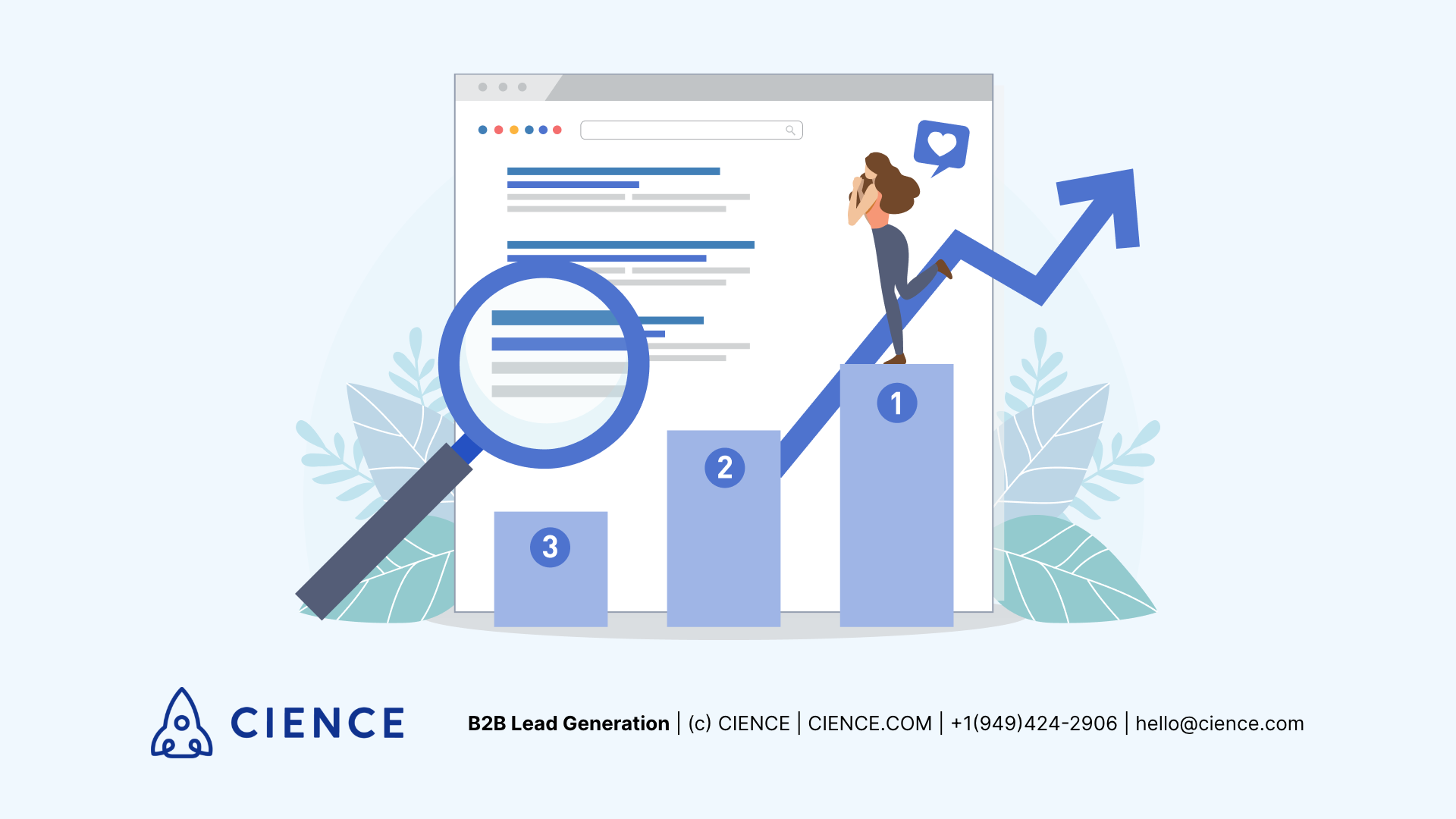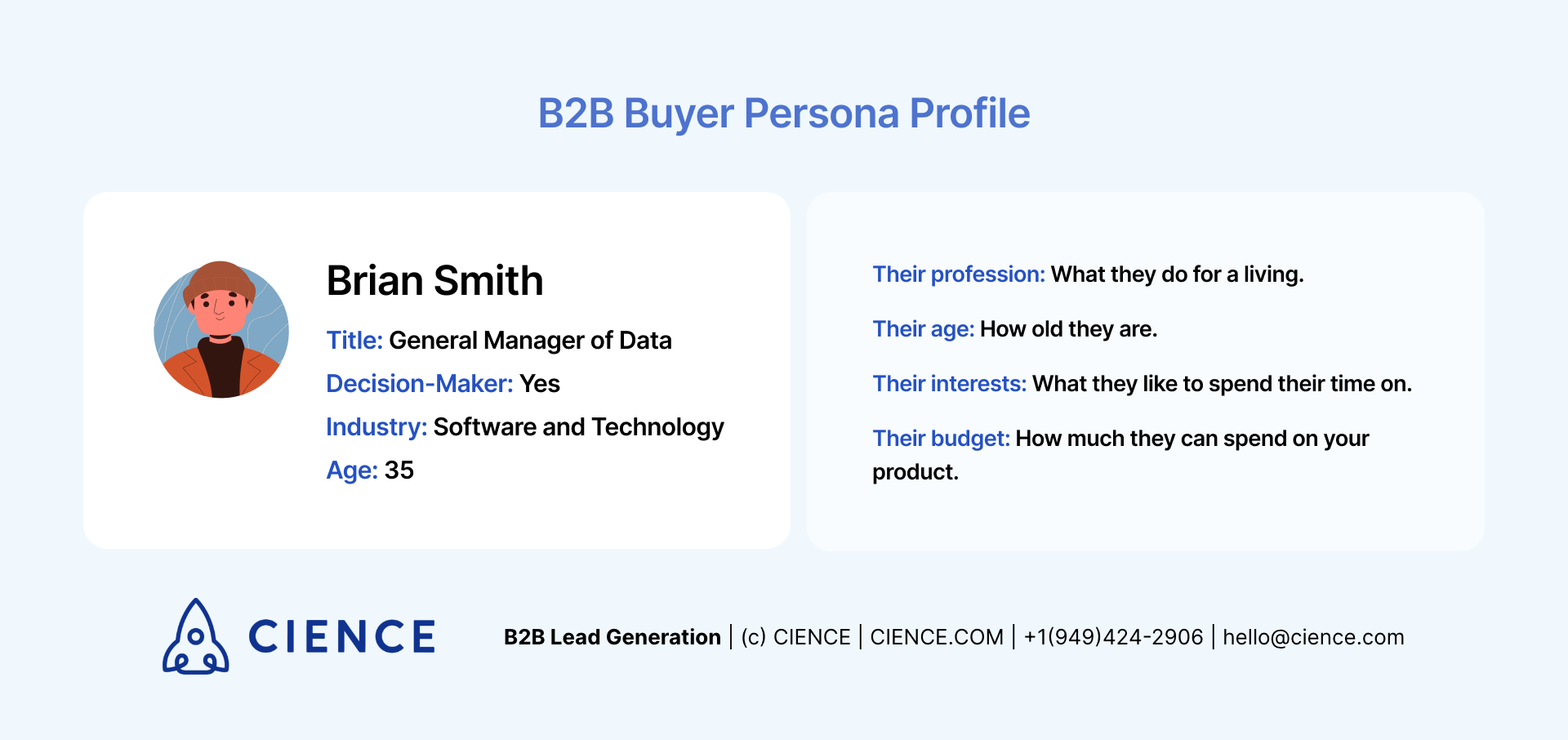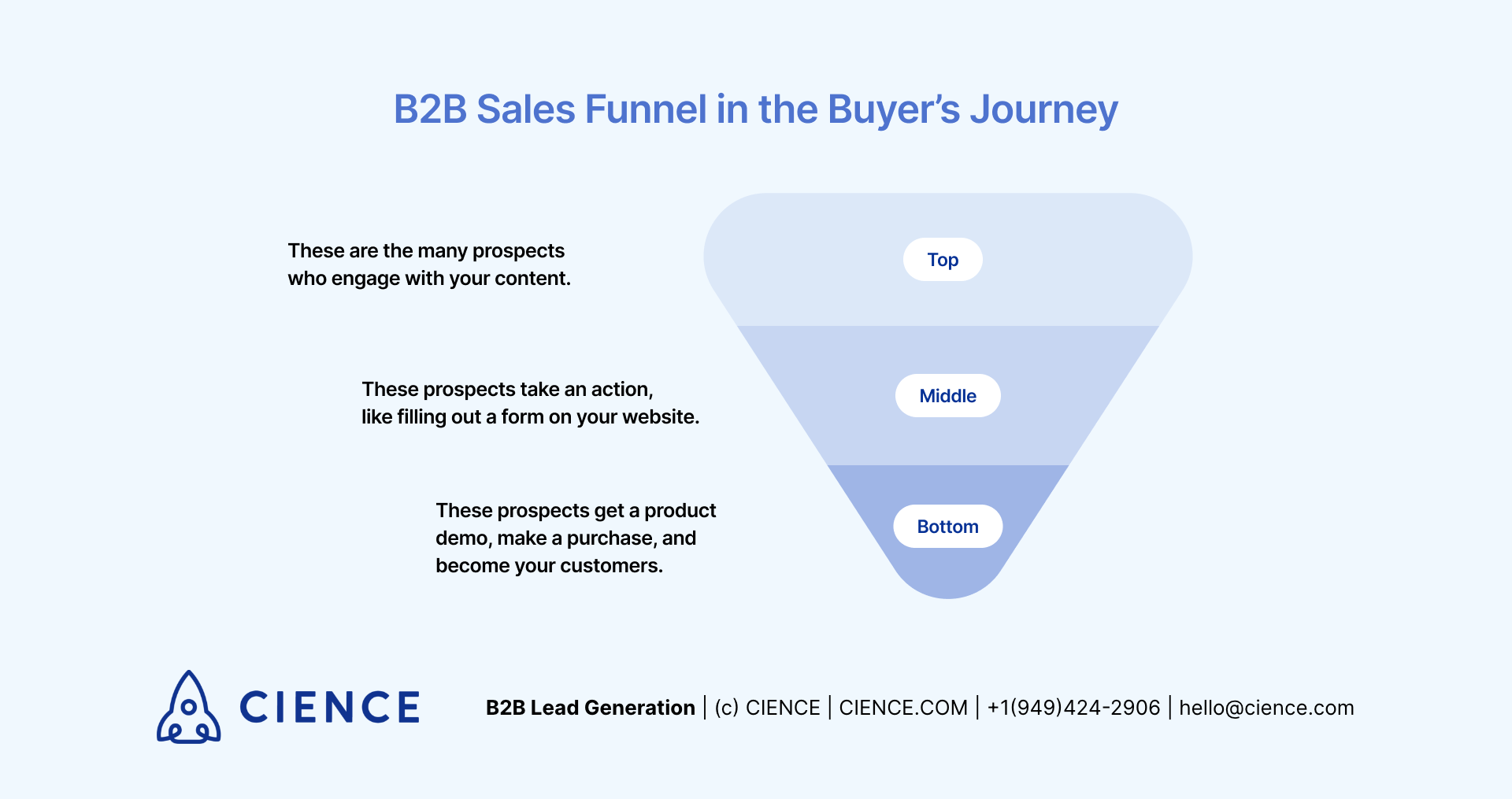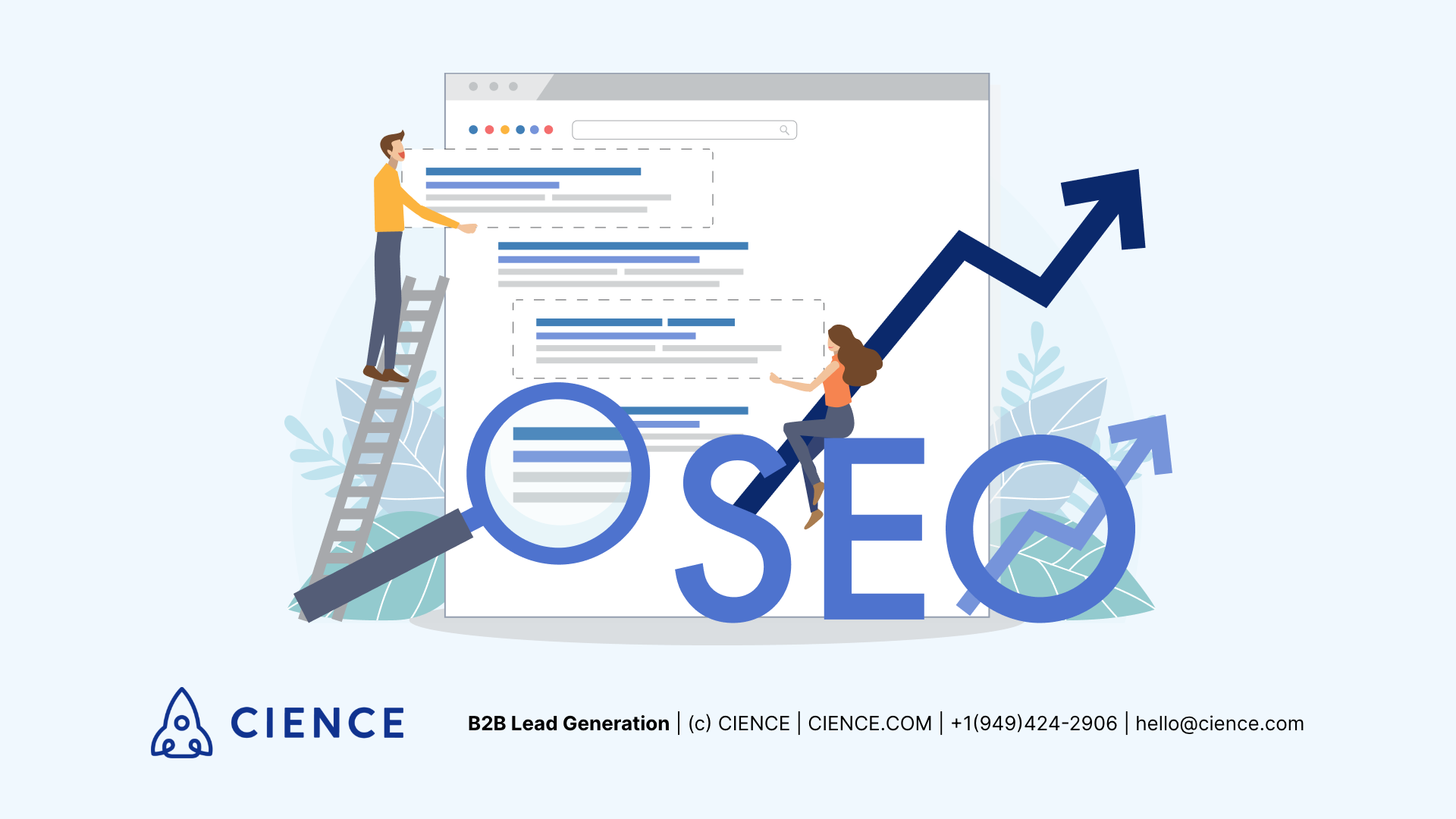6 Best Ways to Improve Your Website Google Rankings for B2B
Running a B2B website is not all about designing it all fancy and putting everything you offer. It's also about focusing on how the site has a steady amount of traffic, sales leads, and hopefully potential customers. This is why Google rankings are essential for B2B companies.
When we talk about Google ranking, we are talking about search engine optimization (SEO). This practice may seem intimidating and daunting for most businesses, but when you make your B2B website appealing to search engine crawlers, you can boost your Google rankings.
What happens when I rank high on Google? you might ask.
A higher Google ranking means that your website appears at the top of search results. It makes your B2B company much easier to find. A solid online presence like this is a good starting point for increasing your customer base as well as skyrocketing your conversion rate.
Let’s break down some reasons why it's important to boost your B2B website Google ranking with six practical tips on how to do it.
Why Are Google Rankings Vital in B2B?
The lifeblood of any business is its customers. They're the ones who keep your company running and generate revenue. The best way to get new customers and keep existing ones is through your website. If your B2B company has a great website, then they will find you easily and explore more about what you offer.
This can help drive more traffic to your site, elevate brand awareness, and increase sales. But, of course, you can’t easily be on the top of search results simply after creating a website and putting some content out. You need SEO best practices.
While B2B marketing is all about one business buying from another, the basic of the SEO itself remains the same; it is pretty much about making your website more appealing to Google, so the giant search engine can prioritize your website and make it land at the top pages of the search results.
With 75% of internet users never making it past the first page of Google, it’s more important than ever that your ranking is at the top. Remember that the more traffic you generate, the more chances you have to attract those potential buyers.
So, why do you need to boost your higher rank? The answer is quite simple—to make it much easier for your target buyers to find your website and do business with you.

6 Tips to Improve Your B2B Google Ranking
B2B SEO comes with its own challenges as the business sells something to other businesses. This will impact the strategy you need to come up with.
Here are six best practices for your B2B company so you can effortlessly improve your Google ranking.
1. Create buyer personas.
In the digital marketing world, keywords are often confused for concepts. This is why it's so important to create buyer personas for your B2B website. A buyer persona is a representation of your ideal customer. Its traits can help you determine what customers should see and learn on your website.
Let's say you're selling business software. You know that most of your customers are small business owners. They're the ones who are purchasing your software. When you create buyer personas, you can think about the following:
- Their age: How old they are.
- Their profession: What they do for a living.
- Their interests: What they like to spend their time on.
Their budget: How much they can spend on your product.

2. Understand your sales funnel.
The classic B2B sales funnel consists of the top (awareness), middle (interest), and bottom (action) stages. Each stage serves a specific purpose in the buyer's journey.
For example, at the top of the funnel, you should focus on boosting your online presence and interacting with your target buyers. Meanwhile, at the bottom of the funnel, you should focus on retaining the buyer that has purchased for you so they come back and repurchase. Understanding your sales funnel will help you choose the right strategy to improve your Google ranking.

3. Conduct keyword research.
As you create buyer personas, you'll want to find keywords that best describe them. In other words, you want to find keywords that people searching for your products will use when asking Google to search for their needs.
For example, let's say you're selling B2B software and you’d like to rank well for the keywords "business software." Some great keywords to start with are "selling business software." There are hundreds of variations of this phrase, so you’ll want to narrow it down.
Start by Googling the keyphrase and seeing what other keywords come up. You can also look at your competition and see what keywords are boosting their sites. This will help you see what other people are searching for and give you insights into what your market wants.
4. Invest in engaging content.
“Content is king” might be one of the most overused adages you’ve heard way too often. But, the truth is—it’s true. It's the lifeblood of your B2B website. We can also say that it is still what drives traffic and is what gets shared. Google will look favorably at how well your content connects with what your target demographic searches for.
A B2B website that provides engaging content will make a visitor spend longer on a page. Engaging content here means content that answers your visitors’ questions in sufficient depth. It needs to be well-researched and thought-provoking.
When a visitor spends a long time on your website, you have a higher dwell time and a reduced bounce rate. Google sees a website with a high dwell time as authoritative. That’s why they will rank the website higher.

5. Optimize landing pages.
As you're boosting your posts, you might also want to start optimizing your landing pages. A landing page is what you get when someone lands on your website after clicking the link in an email or on a search result.
You want to make sure that they land on the most important page possible. This could be your sales page, a product description page, an FAQ page, etc. You want to see what they're going to see when they land on your site. This is where you should optimize your pages. One of the first things to do is add your keyword to the page’s title.
6. Build a solid backlink profile.
You’ll need to make sure that Google sees your pages as authoritative sources. This is why it's important to build a solid backlink profile.
Whenever someone links to your site from another page, you want to see it as a vote for that page. This is what is called a “backlink.” The problem is that most people don't know how to get backlinks from other websites. They don't know which pages to ask for them and how to get them.
Rather than seeing this as a negative thing, you should see it as a vote that your website is a quality site. Each of these votes signals Google that your content is indeed valuable, credible, and useful. Whether it’s an infographic, e-book, or even training videos, every valuable and in-depth content can bring you high-authority backlinks. You can get backlinks from social media shares and your own website. You can also get links from websites where you share business relationships or outsource backlinks as a service.
Boost Your SEO Google Rankings
A higher Google ranking can help B2B websites increase their online visibility, generating more people and potential buyers to visit and take action. That all said, you need to remember that optimization should always be done to make the website more search engine friendly without harming visitors' browsing experience.
When you try too hard to appeal to the search engine to get the number-one ranking by sacrificing the easy-to-navigate design, you will scare your visitors away—and lose that perfect opportunity to grow your customer base.
